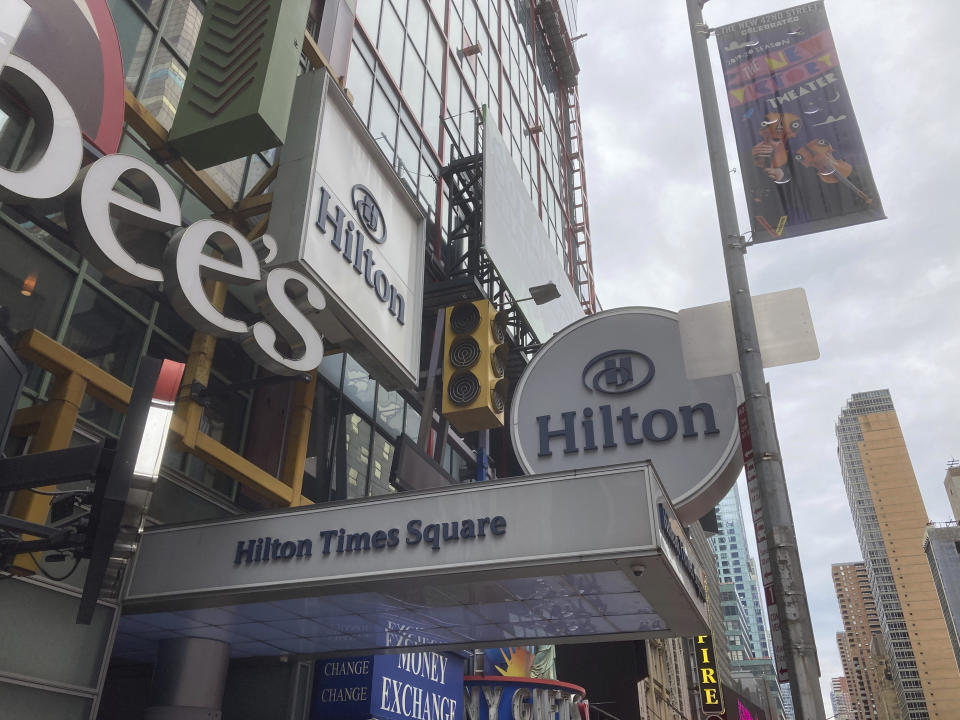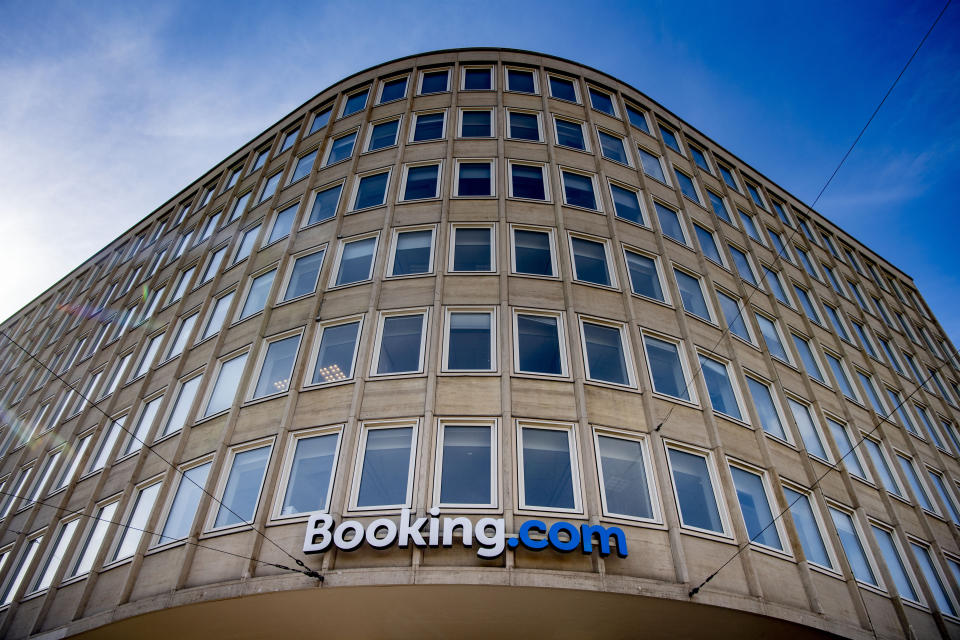2 big ways coronavirus has changed the travel industry: Booking CEO
Hyper-local travel and the rise in alternative accommodation bookings are two new travel trends that have emerged as a result of the coronavirus pandemic, said Booking Holdings (BKNG) CEO Glenn Fogel at Yahoo Finance’s All Markets Summit on Monday.
Fogel oversees travel giant Booking.com as well as the company’s other travel sites, Priceline.com, OpenTable, and Kayak.
Fogel admits that at the start of the pandemic, he wasn’t sure if travelers would feel safer spending the night at a hotel or a stranger’s home.
“I wasn’t sure which way it was going to go. Would people say, well, I’d rather go to a hotel, even though there are lots of people, because I feel safer that they’re going to do industrial strength cleaning? Or, I feel better about the home, because fewer people, but how well are they really cleaning, and when was the last person in there or not?” said Fogel.
In the second quarter, more than 40% of new bookings at Booking Holdings were for so-called alternative accommodations – staying at people’s homes rather than at a hotel – roughly double last year’s amount.

“This is an interesting phenomenon. So we all know, over time, more and more people have been looking at using what we call the alternative accommodation, a home, for example, rather than a hotel. And that trend has been happening more and more and more,” said Fogel.
Hotels have seen their bookings crushed since lockdowns began in March: the U.S. hotel industry is projected to lose $107 billion and shrink by 45% in 2020, according to IBIS World data.
“People said they want to go to a place where there aren’t other people they have to worry about. Instead of getting into a crowded lobby or a crowded elevator, you’re going to a home, and you don’t have to worry about anybody else,” said Fogel.
Although alternative accommodation bookings are up – Airbnb also saw a rebound in bookings in some key markets starting in May – the majority of Booking Holdings consumers still prefer hotels.
“People are willing to say, you know, I think they’re doing a good job cleaning at the home, and that’s why those numbers have gone up,” said Fogel. “But that being said, if 40% of our new bookings are homes, that means 60% of your new bookings are still hotels.”
Booking has also adapted to appeal to people’s desire to stay local amid the pandemic. Its online travel platform Kayak has been catering to travelers' thirst for road trips rather than air travel amid the pandemic by, for instance, featuring car rentals more prominently on its site than flights.
“We definitely did that because people wanted to travel by car, be safe,” said Fogel.

Like many hotels and airlines did in the beginning of the pandemic, Booking Holdings waived cancellation fees for customers who had to forgo their travel plans while sheltering at home.
“[Travelers] are just not sure about the new rules that are going to come down,” Fogel said. “Because it’s not just whether or not, you know, they should travel or not. It’s whether the governments want you to travel or not.”
Consumers are concerned they’ll go on a trip, “and all of a sudden, the rules change, and [they’ll] have to come back and have 14 days of quarantine or whatever. So it’s very complicated,” he added.
More from Sibile:
America needs a ‘tax break to go travel’: Booking CEO
Biden campaign hits back at Trump claim that Biden will raise taxes: ‘He has no proof’
Trump calls NY coronavirus shutdown ‘a mess’ as some doctors oppose massive lockdowns
Work from home: Workers called ‘greedy,’ ‘petty’ for expecting companies to pay for expenses
Find live stock market quotes and the latest business and finance news
